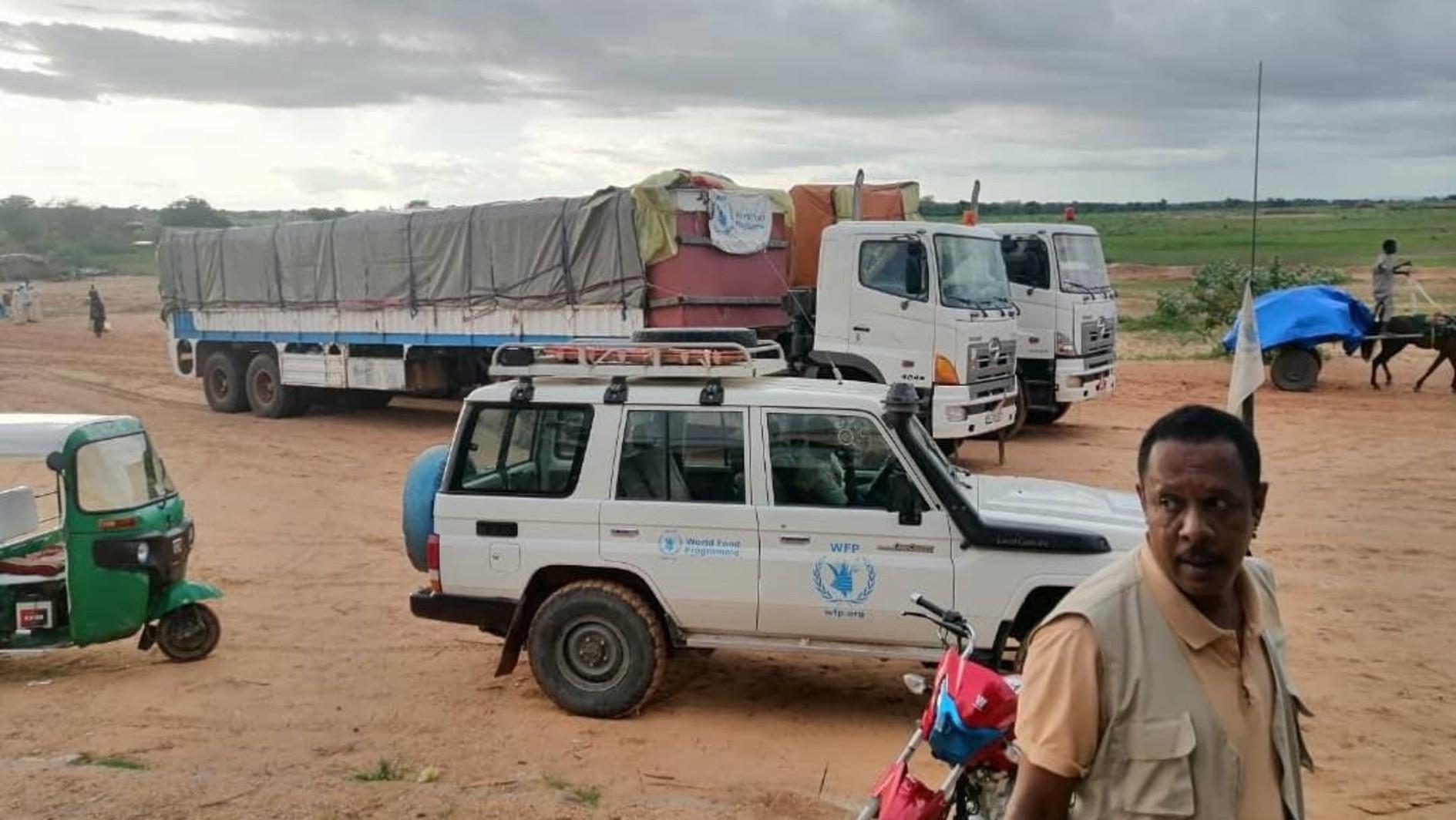
The U.N. Security Council on Thursday criticized the Israeli military for firing on a World Food Program (WFP) vehicle at a checkpoint, leading the organization to temporarily halt its staff movement in Gaza.
U.S. Deputy Permanent Representative to the U.N., Robert Wood, expressed alarm over the incident during a Council session.
"We are alarmed by reports that the IDF fired repeatedly on a WFP vehicle," Wood stated, adding that Israel informed the U.S. it was investigating the incident, which was initially attributed to a communication error among IDF units.
The U.S. urged Israel to rectify the issues that led to the violation and to ensure it does not occur again.
Wood demanded that Israel take responsibility for its actions and take measures to prevent future incidents involving U.N. personnel. He also called for an end to attacks and threats against humanitarian organizations, which increase risks in Gaza and globally.
Highlighting a crucial polio vaccination campaign in Gaza, Wood urged Israel to avoid further evacuation orders during this period, emphasizing the importance of providing safe conditions for humanitarian work.
The U.K.'s envoy to the U.N., James Kariuki, also stressed the importance of the vaccination campaign and criticized Israel's evacuation orders, arguing they cause chaos and leave Palestinians without safe refuge.
Kariuki labeled attacks on U.N. and aid convoys as "appalling and unacceptable" and called for accountability for those responsible.
China’s envoy, Geng Shuang, echoed demands for an effective vaccination campaign and criticized Israel's actions in the West Bank, noting violations of international law. He lamented that Gaza has become "hell on earth" and warned against allowing similar conditions in the West Bank.
Meanwhile, tensions flared between Russian and American envoys. Russian envoy Dmitry Polyanskiy criticized the attack on the WFP vehicle and called for a ceasefire, accusing the U.S. of vetoing previous resolutions. He blamed the U.S. for attempting to monopolize the Middle East peace process in a way that favors Israel, leading to current conflicts.
Wood responded by asserting that Russia has contributed nothing to resolving the Gaza conflict, while arguing that the U.S. has worked tirelessly to address the crisis. In a heated exchange, Wood advised Russia to make positive contributions or remain silent.
"What has become of our basic humanity?"
A top U.N. aid official on Thursday questioned "what has become of our basic humanity," as the war in Gaza rages and humanitarian operations struggle to respond.
Joyce Msuya, acting head of the U.N.'s humanitarian office (OCHA), said that "we cannot plan more than 24 hours in advance because we struggle to know what supplies we will have, when we will have them or where we will be able to deliver."
"Civilians are hungry. They are thirsty. They are sick. They are homeless. They have been pushed beyond... what any human being should bear," she told the Security Council.
"More than 88 percent of Gaza's territory has come under an (Israeli) order to evacuate at some point," Msuya said, adding that civilians, "in a state of limbo," were being forced into an area equivalent to just 11 percent of the Gaza Strip.
"The evacuation orders appear to defy the requirements of international humanitarian law," she added.
Israel's war against Palestinian militant group Hamas has come under increasing scrutiny as the civilian death toll rises, but international powers including the U.S. have failed so far to help negotiate a ceasefire.
The current fighting was sparked by Hamas's Oct. 7 attack on southern Israel, which resulted in the deaths of 1,199 people, mostly civilians, according to Israeli official figures.
Israel's retaliatory military campaign has killed at least 40,602 people in Gaza, according to the territory's health ministry. The U.N. rights office says most of the dead are women and children.
"What we have witnessed over the past 11 months... calls into question the world's commitment to the international legal order that was designed to prevent these tragedies," Msuya said.
"It forces us to ask: what has become of our basic sense of humanity?"
Calling on the Security Council and wider international community to use its leverage to end the war, Msuya urged the release of hostages and "a sustained ceasefire in Gaza."